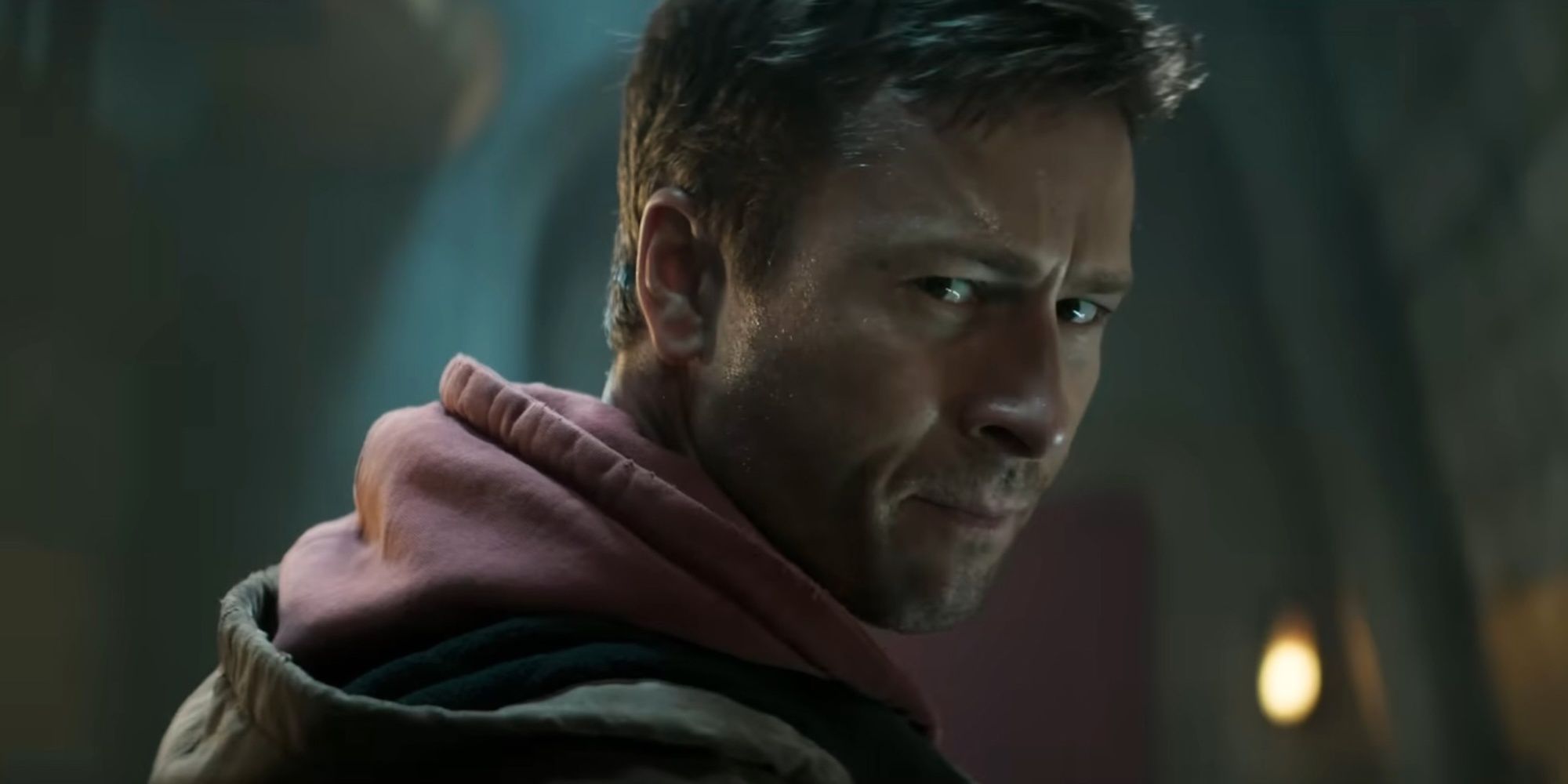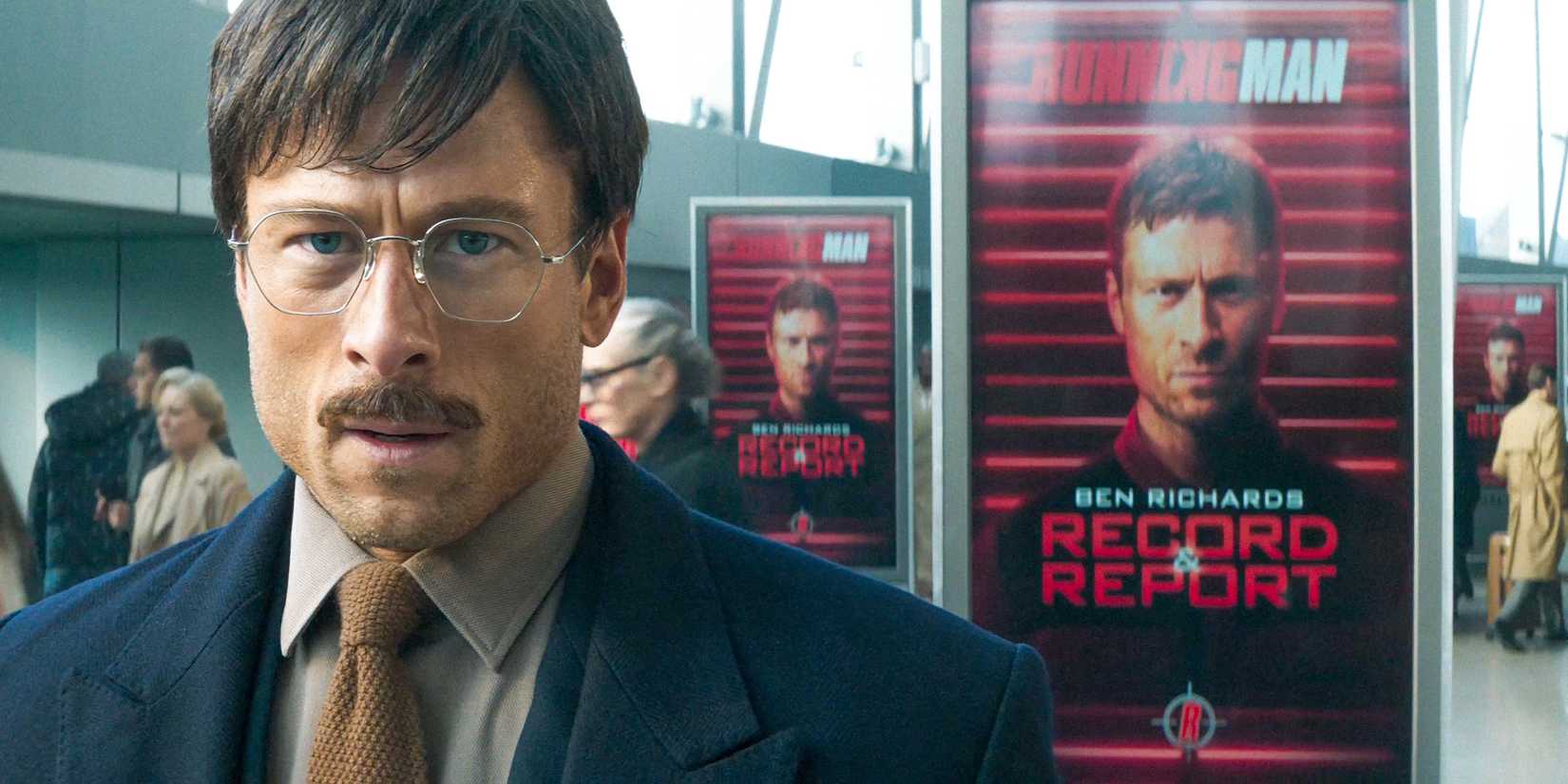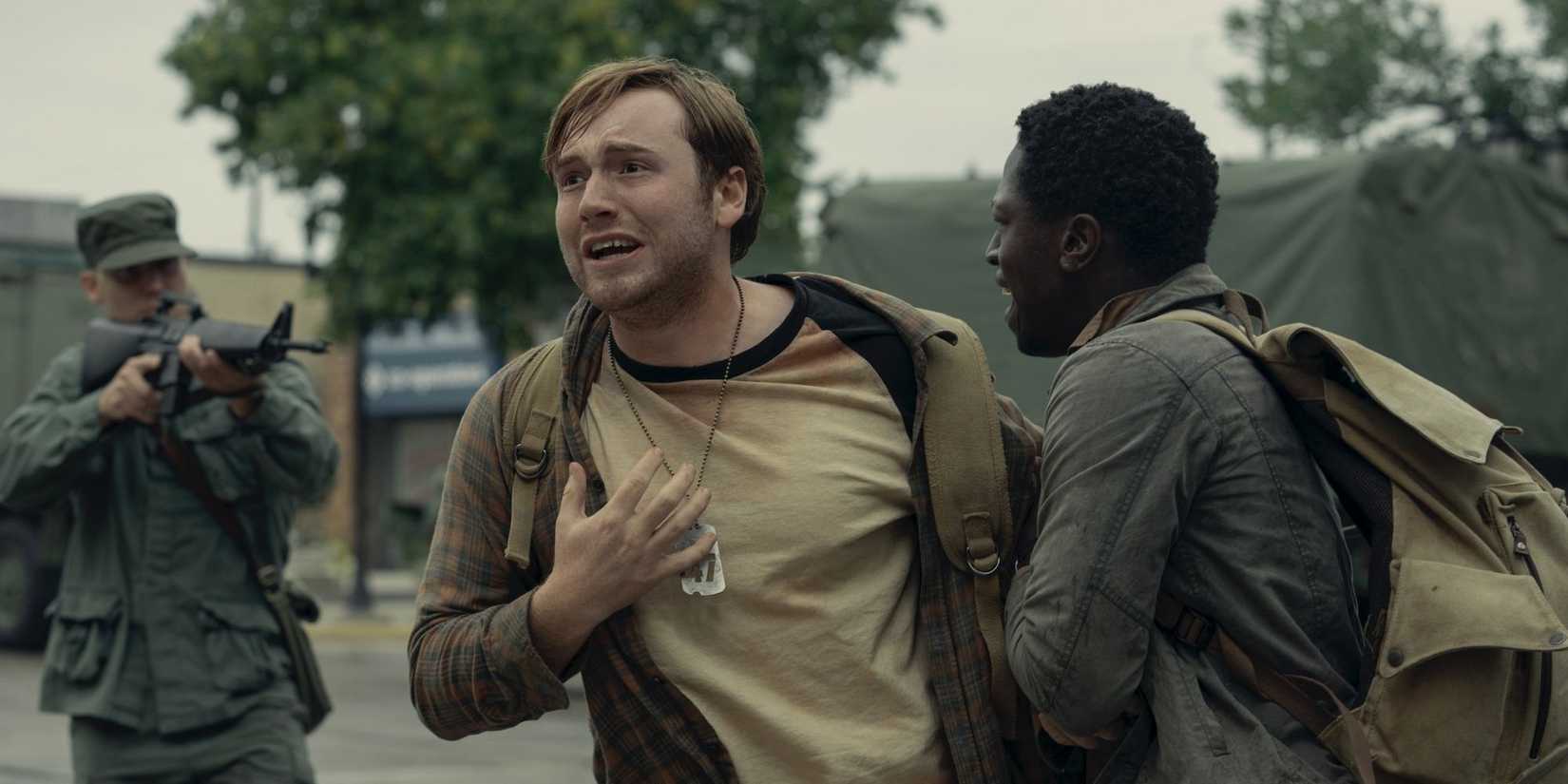
As a huge Stephen King fan, I’ve always been fascinated by how differently his stories can be interpreted on screen. Take The Running Man and The Long Walk, for example. They’re wildly different in style, but when you really think about it, they explore some of the same ideas. Both paint a picture of a future where the rich and poor are worlds apart, and for a lot of people, the only way to get ahead – to even survive – is by taking part in these brutal, dangerous competitions.
While both films explore similar themes, they take different approaches. The Running Man is mostly a fast-paced action film, whereas The Long Walk focuses more on developing its characters. Critics clearly favored The Long Walk, giving it an 88% rating on Rotten Tomatoes, compared to The Running Man’s 66%.
While 66% isn’t a bad score, it’s lower than most people expect from a film by Edgar Wright. The movie also isn’t doing very well in theaters, earning just $17 million in the US and $28 million globally. His previous film, The Long Walk, didn’t make a huge amount of money either, but critics generally liked it more because it struck a better balance between its message and overall feel.
The Running Man Failed To Deliver On Its Bleak, Dystopian Themes

Image via Paramount Pictures
I’ve always loved The Running Man for its non-stop action, but what really sticks with you is how dark and unsettling it is. The film paints a future where the US isn’t run by the government, but by a ruthless media empire. They put on these game shows where people risk everything – their dignity, even their lives – just for a chance at money. It’s a pretty bleak picture, honestly.
The television network cares only about viewership numbers and doesn’t consider the welfare of the people competing on its shows. Many people are also facing financial hardship, finding it difficult to afford basic necessities like healthcare. In the movie, Glen Powell plays Ben Richards, a contestant on Running Man who enters the competition to cover his daughter’s medical bills.
The game encourages people to inform on the reality show contestants, and the world it’s set in is driven by desperation. People are so focused on the show and the potential for money that they’ll betray each other. However, the movie’s overall mood and the altered ending weaken its powerful message about what the future might hold.
Okay, let me tell you about the humor in this film. It’s… uneven. There are moments, like anything with Michael Cera, where the comedy genuinely works, amplifying the already bizarre situation. But then there are bits that just feel forced and pull you out of the story. A particular scene involving a contestant’s convenience store mishap felt especially over-the-top and didn’t quite land for me. It’s a bit of a mixed bag, honestly.
The movie version of The Running Man doesn’t have as powerful an ending as the book. In Stephen King’s novel, Richards crashes the plane into the headquarters of the Network after learning about the death of his family. This act kills both himself and Dan Killian, the show’s producer. While bleak, the ending suggests a possibility of change for the future.
In the movie, Richards manages a complicated and quickly-explained escape and discovers his family is alive – they had faked their deaths with the help of the Network. He then leads a rebellion against the Network, dramatically interrupting the next season of The Running Man and shooting Dan right before the movie ends. The film avoids the dark conclusion of the original book by taking a lot of unexpected turns.
I’ve been thinking about these two movies, and while Running Man kind of shies away from really dark stuff, The Long Walk just dives right in and stays there. It’s brutal – you actually see the young men being killed in really shocking and realistic ways, which makes the whole competition feel so much more intense. Hank’s death especially stuck with me; the movie really focuses on his screams, and it’s just heartbreaking to watch.
The film’s serious mood and well-developed characters work together beautifully, making both the difficult scenes and the characters’ journeys more meaningful because the audience cares about what happens to them. Unlike The Running Man, which tried to be both an action film and a social critique, The Long Walk knew exactly what kind of story it wanted to tell.
The Long Walk Picked The Right Director

I think Edgar Wright is seriously one of the best directors working today. He just knows how to make movies that really grab you and feel different from everything else out there. He’s proven he can do so much, whether it’s hilarious horror like Shaun of the Dead or super creative takes on comic books with Scott Pilgrim Vs. The World. And then there are movies like Hot Fuzz and Baby Driver – the action in those is just unbelievably imaginative and fun to watch!
His movies are consistently well-received by critics, though he doesn’t usually focus on social issues. The action sequences in The Running Man are particularly fun when he’s at his best. However, the film’s attempts to convey a deeper message sometimes feel a little heavy-handed.
The carjacking scene with Ben and Amelia is a prime example of this issue. Their argument feels forced and unnatural, with the film unnecessarily spelling out a message the audience already understood from the Network’s cruelty and Ben’s obvious distress.
While the core message of The Long Walk is clear, director Francis Lawrence presents it effectively without being heavy-handed. Lawrence is well-known for his work on The Hunger Games films – he’s directed four movies in the series, including The Ballad of Songbirds & Snakes, and will return to direct Sunrise on the Reaping next year.
Considering his previous work, Lawrence is well-versed in portraying bleak futures where young people fight for survival in dangerous competitions. He was an ideal fit for The Long Walk, bringing the necessary emotional weight and stark visuals to the film. While The Running Man is enjoyable, it struggled to fully define its own style and purpose.
Read More
- Best Controller Settings for ARC Raiders
- The Best Members of the Flash Family
- Every Targaryen Death in Game of Thrones, House of the Dragon & AKOTSK, Ranked
- Battlefield 6 Season 2 Update Is Live, Here Are the Full Patch Notes
- Where Winds Meet: How To Defeat Shadow Puppeteer (Boss Guide)
- The Pitt Season 2, Episode 7 Recap: Abbot’s Return To PTMC Shakes Things Up
- Dan Da Dan Chapter 226 Release Date & Where to Read
- Auto 9 Upgrade Guide RoboCop Unfinished Business Chips & Boards Guide
- 4 TV Shows To Watch While You Wait for Wednesday Season 3
- Duffer Brothers Discuss ‘Stranger Things’ Season 1 Vecna Theory
2025-11-22 21:09